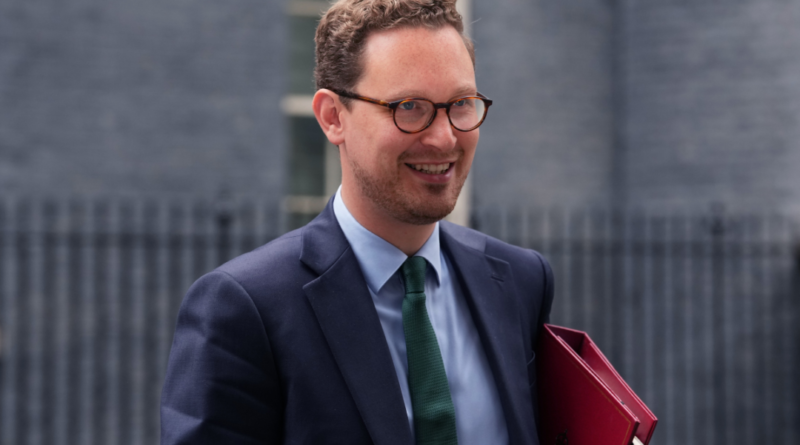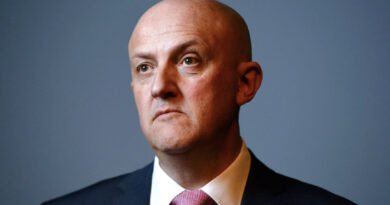Minister States that Scrapping Two-Child Benefit Cap is Unaffordable due to High Borrowing
The comments come after figures showed that borrowing in July was at £3.1 billion—nearly three times the £1.1 billion economists had projected.
The government cannot afford to abolish the two-child limit for Child Tax Credit because of unexpected higher borrowing, a Treasury minister has said.
Chief Secretary to the Treasury Darren Jones said in the first four months of this financial year, government borrowing to pay current public expenses was already £4.7 billion more than forecast.
“We just can’t afford to do that right now,” Jones said on BBC Radio 4’s “World at One” on Wednesday, adding, “It costs between £2 billion and £3 billion a year, depending on when you look in the forecast period about how much it would cost per year.”
“We’re having to make really difficult decisions, but the public rightly expects us to make those decisions in order to get public spending back under control. That means that we have to make very difficult decisions that in our hearts we wouldn’t want to have to make, and that includes the two-child cap, as well,” he said.
The minister’s comments come after figures released on Wednesday showed that borrowing in July was at £3.1 billion—nearly three times the £1.1 billion that economists had projected.
Child Poverty
The new Labour administration has said it is committed to ending child poverty, with Education Secretary Bridget Phillipson and Work and Pensions Secretary Liz Kendall leading efforts to develop a strategy to tackle the issue.
Phillipson has previously said lifting the cap would be considered as one of the options being considered, but noted that “unfortunately it’s also a very expensive measure.”
Labour Rebellion
Last month, Labour suspended seven of its MPs—including former shadow chancellor John McDonnell and former Business Secretary Rebecca Long-Bailey—after they had rebelled against the government by backing an SNP-led amendment to abolish the cap.
Prime Minister Sir Keir Starmer had said that there was “no silver bullet” to ending child poverty, but acknowledged the “passion” of backbenchers who opposed the benefit cap.
Kendall said in July that driving down child poverty was a “real priority for this Government,” but when pressed on whether that meant scrapping the Child Tax Credit cap, she said that Labour was elected “on the promise that we would only make spending commitments that we know we can keep.”
“I’m not into a wink and a nudge politics,” the minister told Times Radio, continuing, “I’m not going to look constituents in the face and tell them I’m going to do something without actually having done the sums, figuring out how I’m going to pay for it, figuring out how we transform opportunity for those children, not just in terms of their household income, which is essential, but about having sustained improvements to helping people get work and get on in work, more childcare, early years support, sorting out the dire state of people’s housing.”
“It’s got to be part of a much bigger approach,” she said.
The two-child cap came into effect in 2017 and limits means-tested Child Tax Credit or Universal Credit—which is replacing Child Tax Credit—to the first two children born in a family.
The limit does not apply to Child Benefit, which is not means tested, and parents can claim for Child Tax Credit/Universal Credit and Child Benefit at the same time.
PA Media contributed to this report.





